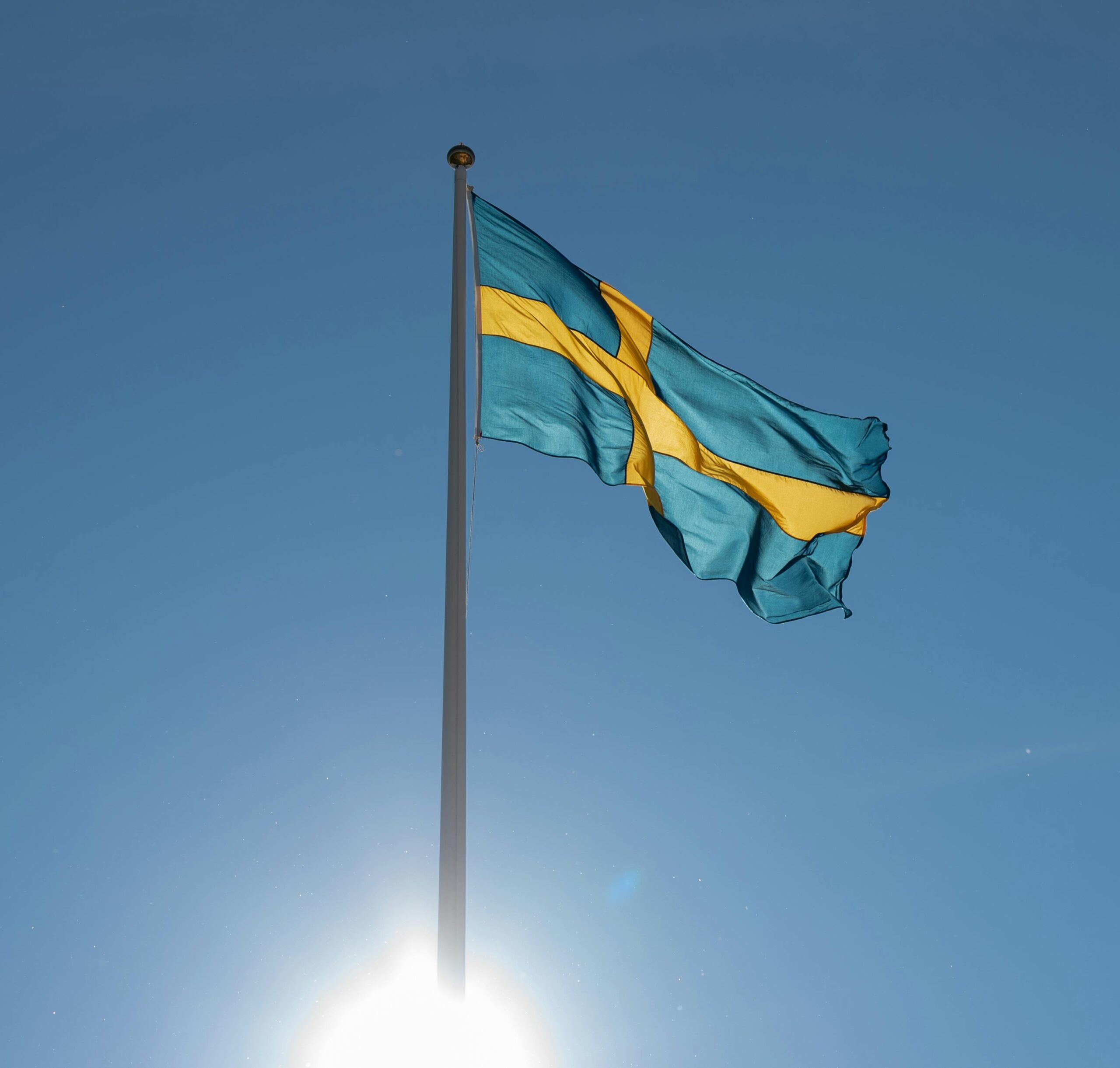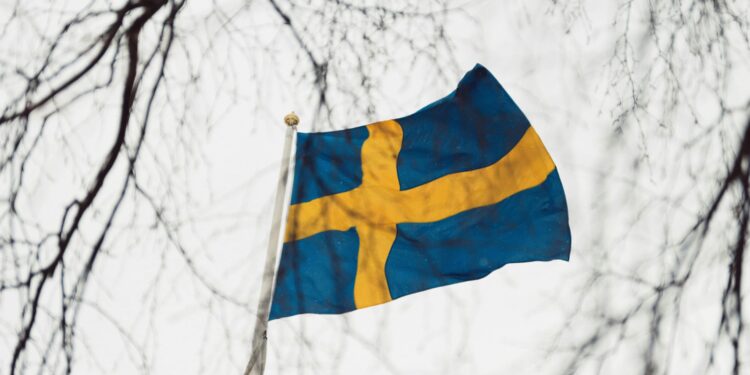Sweden announced its first case of the more dangerous variant of mpox (formerly known as monkeypox) on Thursday, marking the first time this strain has been detected outside Africa. The World Health Organization (WHO) had already classified this variant as a global public health emergency.
According to Sweden’s public health agency, the virus strain in question is the Clade 1b subclade, which has been wreaking havoc in the Democratic Republic of Congo (DRC) since September 2023. The agency confirmed to AFP that this is indeed the same strain now making its unwelcome debut in Europe.
The case was identified in Stockholm after a person who had traveled to the part of Africa currently battling a major outbreak sought medical care. State epidemiologist Magnus Gisslen confirmed that the patient was infected during their visit to the region and has since received appropriate care in Sweden.

While the idea of this dangerous mpox variant spreading to Europe might sound alarming, Swedish authorities are quick to reassure the public. The country’s public health agency stated that Sweden is well-prepared to diagnose, isolate, and treat anyone infected with mpox safely. They also emphasized that the risk to the general population remains “very low” according to the European Centre for Disease Prevention and Control (ECDC).
Meanwhile, the situation in the Democratic Republic of Congo is far more dire. Since the beginning of 2023, the outbreak there has claimed 548 lives, prompting the WHO to declare it a public health emergency of international concern earlier this week. This variant of mpox is not something to take lightly.
Originally discovered in humans back in 1970 in what is now the DRC, mpox is a viral infectious disease that typically spreads from animals to humans but can also be transmitted through close human-to-human contact. The symptoms include fever, muscle aches, and large, boil-like skin lesions—definitely not something you want to catch.
As Sweden deals with its first case of this variant, the world will be watching closely. The big question now is whether this marks the start of a broader spread beyond Africa or if it will remain an isolated incident. Either way, public health officials aren’t taking any chances.

















